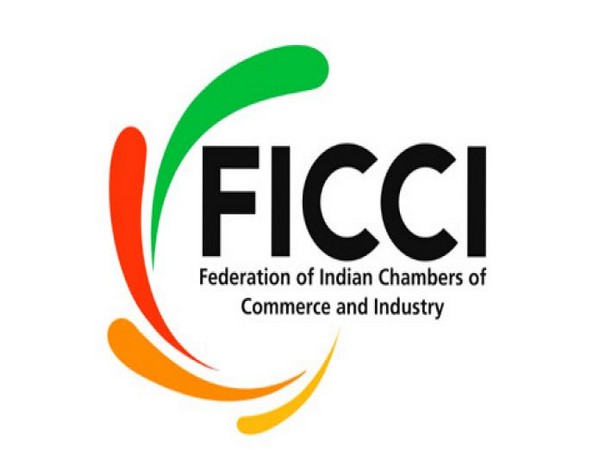New Delhi: In a pre-budget meeting with the Finance Ministry, the Federation of Indian Chambers of Commerce and Industry (FICCI) recommended the simplification of capital gains tax.
Subhrakant Panda, Immediate Past President of FICCI, stated, “Simplification of capital gains tax was on our agenda, and the government is actively considering it. While the direction is yet to be determined, it remains a significant focus.”
Panda highlighted India’s strong position, as evidenced by growth forecasts and robust direct and indirect tax collections. He emphasised the importance of maintaining growth momentum over the next five years.
“We have avoided requests for concessions and exemptions, focusing instead on actualizing growth potential through simplification and enhancing ease of doing business,” he said.
Panda noted that the aim is to reduce litigation and find mutually agreeable solutions where disputes arise.
FICCI has an action plan outlining its priorities, including an agenda for the first 100 days of the new government and beyond. Today’s discussion centred on how the budget can spur and stimulate growth.
Panda suggested initiating “GST 2.0” to build on the success of its implementation. He praised the GST’s role in removing internal trade barriers and formalising the economy, as reflected in booming collection numbers.
He added that the government should continue focusing on ease of doing business and reducing costs.
Dinesh Kanabar, Mentor of the FICCI Tax Committee, emphasised the organization’s collaboration with the government on employment issues, particularly in the MSME sector, which is crucial for job creation.
He discussed rationalising withholding tax rates and resolving long-standing appeals to make businesses more vibrant and promote employment.
Pranav Sayta, Chair of the FICCI Tax Committee, stressed the need for stability in capital gains tax relief and other reforms, as well as efficient dispute resolution.
He highlighted the importance of continuity to ensure India remains a growth engine.
Kanabar also mentioned discussions on both direct and indirect taxes, focusing on creating a framework for early dispute resolution.
He indicated that FICCI has presented concrete proposals to expedite settlements and resolve disputes outside the traditional tax framework.
(With inputs from ANI)












